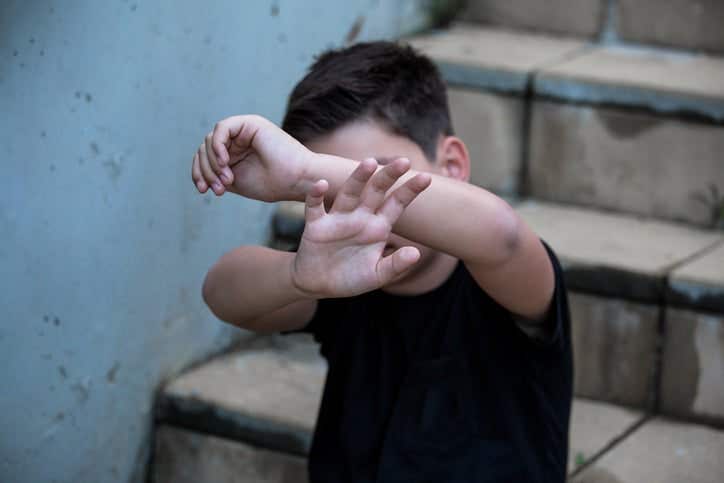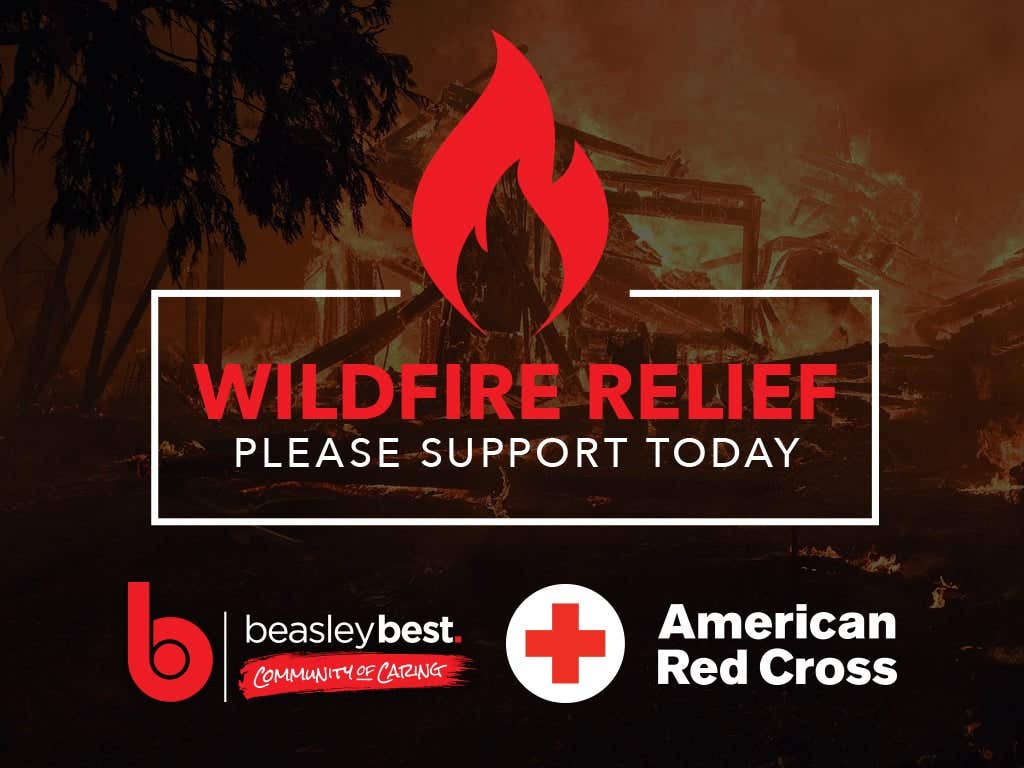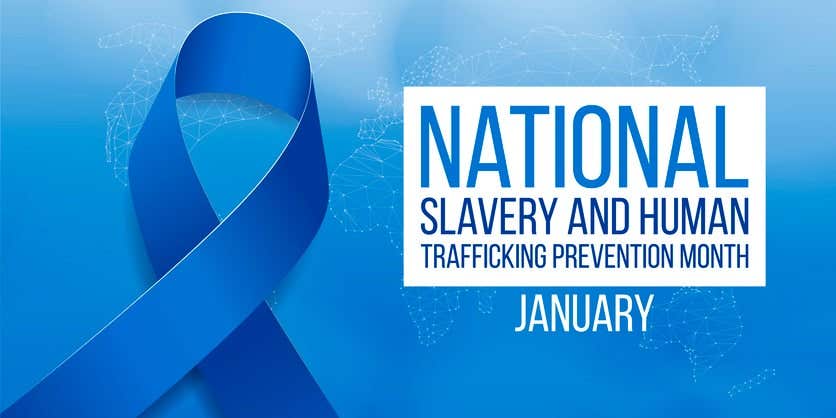Human Trafficking: Children Are The Most Vulnerable Victims
In 2023, The National Center for Missing and Exploited Children (NCMEC) received more than 18,400 reports of possible child sex trafficking, and one in six of the more than 28,800…

In 2023, The National Center for Missing and Exploited Children (NCMEC) received more than 18,400 reports of possible child sex trafficking, and one in six of the more than 28,800 cases of children reported missing to NCMEC in 2023 were likely victims of child sex trafficking.
Not every child trafficked is missing: they could be attending school, returning home every afternoon, playing sports, or going to church with their family. The New Jersey Human Trafficking Prevention Guidelines note that no child is immune to being targeted, but some students are more vulnerable, such as youth identifying as LGBTQ, migrant youth, students with disabilities, students with mental or behavioral health issues, homeless youth, transfer students, and those involved in the child welfare system.
A trafficker is not always a stranger. A trafficker can be employed in any job and reside anywhere; he or she can be any age, gender, or race. A trafficker can be a peer, a family member, part of a criminal gang, or the operator of a local business. They recruit anywhere youth gather, including shopping malls, restaurants, parks, schools, group homes, businesses, and public transportation systems, and you can always find them on online platforms.
What are some of the signs that a child has been targeted?
Lying, telling inconsistent stories, or being secretive. Changes in school behavior with suspensions, expulsions, or truancy become a problem. Suddenly possessing multiple phones or expensive things they can’t afford on their known income? Becoming withdrawn or isolated or showing physical signs of abuse.
Are they fearful for their own safety or concerned about the safety of family and friends? Is there a change in their appearance or attention to personal hygiene? Branding or barcode images and/or new tattoos?
If you are concerned about a child, the NCMEC 24-Hour Hotline at 1-800-843-5678 can help with resources, mental health and legal support.
Stop trafficking before it strikes.
Education is key in prevention; at home or in school, all children should be made aware of trafficking and how to recognize a potentially dangerous situation.
New Jersey, considered particularly vulnerable to the spread of human trafficking due to its dense population and location along the I-95 corridor, has taken the lead in awareness and prevention education within the K-12 school system. The state recognizes the key role that teachers and school staff can play in identifying potential victims, reporting suspected human trafficking, and connecting students to support services.
New Jersey’s educational guidelines include social-emotional learning (SEL), cyber security, student empowerment, and parental involvement.
Developing a student’s social skills can provide a buffer against the risk factors of both trafficking and sexual violence. SEL helps children understand and manage emotions, set and achieve positive goals, feel and show empathy for others, and make responsible decisions.
With children going online at younger ages, education on digital trafficking is an important part of the state’s curriculum on cyberbullying.
In age-appropriate programming, students are introduced to cyber safety and security, managing their digital footprint, and learning appropriate social interaction within online communities. Children need to know how they can be targeted online through social media, apps, or gaming platforms.
Student empowerment is another approach to trafficking prevention. Knowing that peers can be a valuable tool in prevention and reporting, schools are encouraged to help students form anti-trafficking clubs, create posters, write announcements, organize events, and work with parent associations to promote awareness.
This brings us to parents and guardians. NJ offers programming to help them learn the signs of risk factors in kids, recruitment tactics, and how to access resources and support services.
If your child's school does not offer programming on trafficking, the National Center for Missing & Exploited Children provides training, technical assistance and resources to public safety and child-serving professionals. NCMEC hosts in-person classroom training sessions at facilities located across the country and online to provide easy access to training and resources. Contact NCMEC training staff via email at training@ncmec.org.
For the rest of us, the US Department of Defense Parent Resource Guide to Preventing Human Trafficking offers combined resources for any parent or educator, and it addresses the added vulnerability military families face.
You can keep your family safe. Know the signs. Learn the protective measures you can teach your children. Know where to turn for help.






